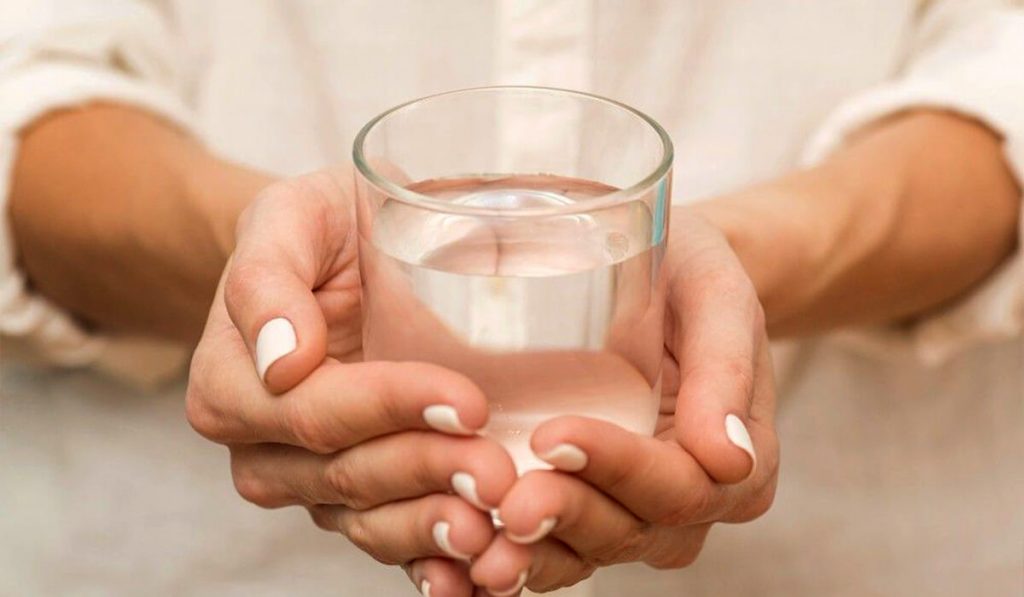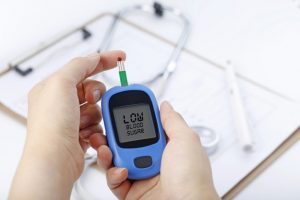
Know What Dehydration Does to Your Blood Sugar
Did you know that having diabetes gives you an increased risk of becoming dehydrated?

This is because high blood sugars make your kidneys work harder to filter out excess sugar. The kidneys, in turn, try to keep up by flushing extra sugar out through the urine. Water as a rule will follow two things, salt, and sugar. So, if your body filters out sugar through the urine, extra water will filter out through the urine as well, causing dehydration.
 Symptoms of Dehydration
Symptoms of Dehydration
 Mild Symptoms:
Mild Symptoms:
- Thirst
- Dry mouth
- Dark-colored urine
- Decreased urination
If you notice any of these symptoms, start tracking how much water you are drinking each day to see if you could possibly be dehydrated.
 Moderate/Severe
Moderate/Severe
- Headaches
- Confusion
- Dizziness
- No longer urinating
If you noticed any of these symptoms combined with the mild symptoms, contact a healthcare professional right away.
 How Does Dehydration Affect Sugars?
How Does Dehydration Affect Sugars?
Dehydration and general loss of fluids can cause a decrease in blood pressure. This decrease in blood pressure, if severe enough, can cause the body to secrete stress hormones. These stress hormones (like cortisol) cause sugar to be released from your liver.
If this continues to happen long term, the sugars from the liver then contribute to more sugar needing to be filtered through the urine, creating a vicious cycle to more dehydration.

 How do I Prevent Dehydration?
How do I Prevent Dehydration?
The amount of water each person needs to stay hydrated depends on quite a few factors.
- Age
- Gender
- Activity level
Currently, Mayo Clinic recommends that men should have about 15.5 cups of water per day, and women should have 11.5 cups per day. These recommendations include the water you consume in other beverages and in your daily food intake (20%).
To break this down, it means men should have at least 12.5 cups of water (100 ounces) each day, and women should have at least 9 cups (72 ounces) of water each day.
Summary People with diabetes are at a higher risk of becoming dehydrated due to high blood sugars. Long-term dehydration can cause quite a few complications, including chronic hyperglycemia. In order to prevent this, you need to ensure you stay hydrated.







